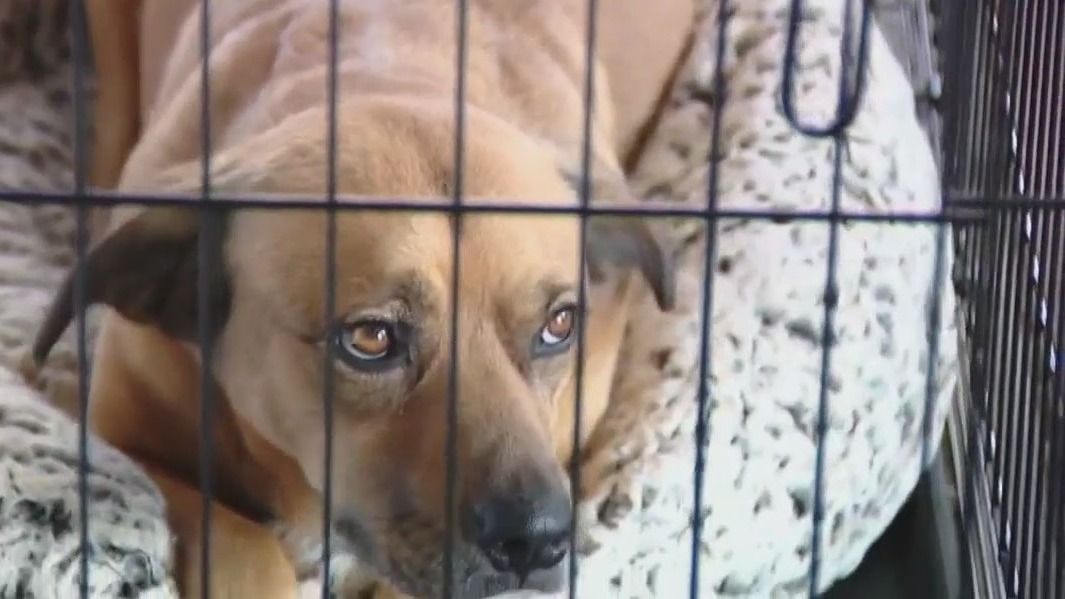Audit finds Austin Animal Center jeopardizes mission with poor living conditions

Austin Animal Center audit findings released
FOX 7 has obtained a draft audit that suggests the Austin Animal Center go back to the drawing board to rethink their priorities.
AUSTIN, Texas - A new report from the City of Austin’s audit office questions if the Austin Animal Center’s live release goal of 95% is sustainable and conflicts with the standards of living offered in the facility.
The audit illustrates that larger animals’ crates did not meet recommended living standards — as outlined in their guidelines that says they must "allow animals to sit, sleep and eat away from areas of their enclosures where they defecate and urinate". The report also found that small dogs were housed in kennels originally intended for cats.
The findings show that the current level of staffing at the AAC cannot handle the number of animals it cares for.
The auditors observed staff looking for shortcuts, moving quickly to clean up after the animals and potentially spraying them with chemical cleaners. The report also notes that the staff moved too quickly for the disinfectant cleaners to be effective.
Part of the audit focuses on the unsanitary living conditions the animals endure:
- animal feces on the ground
- unsanitary air vents and fans
- used gloves left on the ground instead of properly disposed
- algae in the outdoor animal pools
- gnats and ants attracted by spilled food
- general disorganization
The auditors visited the center in July 2023 to find the kennel temperatures exceeded the recommended range of 60 to 80 degrees Fahrenheit. Some of them reached over 100 degrees. The surface of one of the artificial play lawns reached 176 degrees. The audit does note staff laid down towels for the animals.
Despite these problems the audit also noted that the AAC’s veterinary team worked in an efficient manner — meeting or exceeding municipal care standards.
The report also adds that the AAC needs to work on improving its relationships with community partners and organizations. AAC works with the city’s Animal Advisory Commission composed of members appointed by the Austin City Council and the Travis County Commissioners court. In 2022 the Austin Animal Advisory Commission passed a vote of no-confidence in the AAC’s leadership. The report outlines that the AAC felt attacked by commissioners and community members for their euthanizing of animals for medical and behavioral reasons. Meanwhile, the report notes "We found AAC has maintained high live release rates for years and does not euthanize for space. Our external expert reviewed AAC’s euthanasia policies and found them "in line with best practices for the animal sheltering industry" and "perhaps the best policy we have encountered in all of our evaluations."
Auditors also found that the center needs better data collection practices, noting inaccurate and missing information in the center’s databases regarding neuters and spays — and even daily tasks like walks, play time and getting treats.
The findings will be presented at the audit and finance committee meeting Wednesday.

